|
I enjoyed the closing reception for Pyramid’s Member Mash-Up exhibit on Sunday. Pyramid Atlantic Art Center runs a lovely, well-utilized space with workshops, exhibits, artist opportunities and a community presence in and beyond Hyattsville, Maryland. My mixed-media piece addressed drug formularies and pharmacy benefit managers (PBMs). Last week The New York Times ran a front page article on the role of PBMs by Rebecca Robbins and Reed Abelson. “A Shadow Industry: How pharmacy benefit managers inflate the cost of prescription drugs for millions of people” is very much worth a read.
If you missed it, I also recommend the April 1, 2024 episode of The Daily Show. Jon Stewart's interview with Lina Khan, Chair of the Federal Trade Commission (FTC) offers refreshing straight-talk about monopolies. July 1 started the week and the new fiscal year. “Fiscal” relates to the public treasury and government expenditures. The term may sound wonky, but the lived results of FY decisions most certainly are not. Tonight, fireworks will fill our horizons. From your own backyard to rodeo arenas, to city waterfronts, they punctuate the Fourth of July. One type of firework, a skyrocket, uses solid fuel for a quick rise. When I look up, I will hear and see the echoes of rising drug prices. "Skyrocket" is the go-to word for journalists to describe what drug prices do. I yearn for the day when it is not.
0 Comments
I'm happy to have "Wolves in Sheep's Clothing IX: Prescription Drug Formularies" included in this year's open member exhibit at Pyramid Atlantic Art Center. View all of the pieces here or visit the Gallery in Hyattsville, Maryland. The show is up through June 30, 2024. Check out Pyramid's fabulous workshops, events and store.
Psychiatrist and artist Eric Avery gave a wonderful plenary address at the 2024 Health Humanities Consortium (HHC) Conference in Phoenix. In "Art as Medicine/Medicine as Art" he shared examples of collaborations and solo projects. With ingenuity and compassion Avery has ignited the "space between" medicine and art for decades. Many of his prints, drawings, books, ephemera and arts activist pieces relate to AIDS. While listening to his address, I thought about PEPFAR and the 1-year, rather than 5-year renewal that passed with the omnibus funding bill in March. This renewal means we're skating, but skating on thin ice. The President’s Emergency Plan for AIDS Relief (PEPFAR) has functioned as an international beacon for effective public health funding. It includes access to antiretroviral drugs (ARV). It is essential to keep PEPFAR going strong and to protect it from partisan attacks. Learn more about Dr. Avery's work at ericaveryartist.com. Get a refresher about the significance of PEPFAR legislation from Kellie Moss and Jennifer Kates's KFF article "PEPFAR’s Short-Term Reauthorization Sets an Uncertain Course for Its Long-Term Future." On Saturday I was in Washington, D.C. to join T1International’s Global Day of Action for #insulin4all. Participants in Paris, Indianapolis, Islamabad, and other locations advocated for the cost of insulin and glucose testing supplies to represent no more than 5% of a person’s income in any given country.
Fresh from hearing patient stories on the Mall I visited the exhibit Dorothea Lange: Seeing People at the National Gallery of Art. Alongside other portraits “Street Demonstration, San Francisco, 1934” certainly resonated. Access to jobs and medicines hinges on access to the eyes and ears of decision-makers. Moving through the space, I read the following statement of Lange’s: "Five years earlier I would have thought it enough to take a picture of a man, no more. But now, I wanted to take a picture of a man as he stood in his world." His world. His circumstances. His reality. This kind of seeing is the origin of public health. In nature, thickets are dense growths of bushes and trees. Man-made versions – called patent thickets – are strategically constructed. They take deserved protections for original innovation to an inappropriate level. Patent thickets contribute to high drug prices. I have a collage on the topic included in The Illustrated Accordion, an open show at the Kalamazoo Book Arts Center (KBAC). It runs from February 2-March 14, 2024 in the KBAC gallery, and online.
Curious about patent thickets? I highly recommend “Why Pharmaceutical Patent Thickets Are Unique” by Michael A. Carrier and S. Sean Tu. Their research paper explains the role different types of patent thickets play. It provides a helpful basis for understanding current legislative and FTC efforts. It is forthcoming in the Texas Intellectual Property Law Journal. As for the FTC, The Washington Post’s January 25, 2024 “The Health 202” newsletter segment by Elisabeth Rosenthal and McKenzie Beard points to how patent thickets are tangled in policy debates right now. Walking under the Winterdale Arch in New York’s Central Park last Sunday I thought about access to medicines.
Bridges exist to provide access. This is a public park. Today it’s alive with runners, baby strollers, handsome dogs, musicians and clusters of pedestrians. The red brick background of this bridge is sprinkled with white crosses. The pattern reverses the Geneva Convention-era red cross on a white background designating protection for medical sites. But the proportions of the crosses, and the colors still carry the association. I want every space to be a protected space when it comes to essential medicines. The crosses winking from the underskirt of the Winterdale Arch are a subtle public health reminder. A life with chronic illness is a life of patterns – patterns that maintain and patterns that disrupt. It also reminds me of the installation “First Aid: Homage to Joseph Beuys” by the late Susan Hiller which was in the Paraconceptual exhibit hosted at Lisson Gallery in 2017. I enjoy the way “First Aid” is both precious and utilitarian. These first aid kits look ready to deploy. The installation assembles vintage medical supplies and bottles, felt-lined wooden first aid boxes and water from sources considered to be holy. We cannot tell which bodies moving under and across the bridge today need essential medicines. The toddler dropping a soccer ball could be wearing a continuous glucose monitor. Which backpack, pants pocket or wicker picnic basket holds an EpiPen? Which people are yet undiagnosed for which diseases? Who just got unnecessarily kicked off of Medicaid? Who is praying for PEPFAR (the President’s Emergency Plan for AIDS Relief) to be reauthorized? We cannot see the thousand worries but they form patterns, too. We can do this better. We can. You’re not alone if you only associate tuberculosis with Victorian novels (consumption) or a routine, pre-employment skin test for school bus drivers, home health aids and others in proximity to vulnerable populations. It is still the world’s top infectious killer. Often, depending on the geography or context, it is considered too expensive to treat. Nonsense. We have the means to stop it. Read the October 1, 2023 Partners in Health statement about the decision by Johnson & Johnson not to enforce bedaquiline patents. To say this is a big deal is a phenomenal understatement. This drug is significant in fighting multidrug-resistant tuberculosis (MDR-TB).
Anna Gordon's July 20, 2023 Time article, "How an Innovative Deal Will Give Millions Access to Cheaper Tuberculosis Drugs" offers a useful description of the present dangers of this ancient disease. She also covers author John Green's social media activism to lower the price of test cartridges. Here’s a recent interview with Green on the podcast series An Arm and a Leg: “The Fault in our Patents: John Green vs. Johnson & Johnson" Part 1. I recommend a very fine essay by Anna Talley about the history of the design of tuberculosis posters published in May, 2020 by Design Observer, “Pandemic Design: What Tuberculosis Posters Can Teach Us About Community.” Learn more, of course, from the Centers for Disease Control and Prevention (CDC). My own response, below, references the late Paul Farmer’s mantra on the attitude of scarcity, which holds us back from solving so many public health dilemmas. Tuberculosis, 2023 We’re socialized for scarcity for other people… Dr. Paul Farmer This ancient mother of disease – still our top infectious killer – can be cured and treated when we please. One more pharmaceutical tease. Who gets to test? Who gets to stop her, this mother of disease mysterious for centuries? Ambivalence infects now, stealthy and pure. TB can be treated when we please. Scarcity for others, decided with ease became a global pillar for this modern mother of disease. It’s a matter of priorities. Why not see it as a thriller? We can cure. We can treat it when we please. Governments, people, companies can absolutely still her. This mother of disease will be cured when and if we please. Thank you to everyone who joined us under the Square in Gettysburg at Waldo's & Co. on the evening of August 4 to open the Skyrocket exhibit. I am grateful to Chris Lauer, Director, and his team at Waldo's, to Don Redman for photography, to my brilliant gallery-talk presenters Rukhsana Rahman, MD and Lisa Erdman, MFA, DA, to Peter Kuhn, to Susan Muldowney and to the Lancaster T1D Grandes Dames.
Access to medicines is an issue that finds its way into many of our healthcare stories. It is clinical, personal, and political. Made in the spirit of public health and medical humanities, these eight mixed media collages reference formulary exclusions, pharmaceutical industry lobbying, and the skyrocketing cost of prescription drugs. We can do better. Really. As a poet I find that certain things ask for visual metaphors. That is how and why these pieces came to be. I appreciate the chance to exhibit them in the Waldo’s Gallery. I appreciate every person and organization working to make medicines accessible. All efforts matter - from the subtle to the spectacular. Waldo's & Co., a wonderful coffeehouse-arts collective in Gettysburg is hosting an exhibit from August 3-27, 2023. Join us for the opening of Skyrocket: What drug prices do on Friday, August 4 from 6:00-9:00pm.
Patent thickets are multiple, deliberate filings for the same product. In their January 25, 2023 opinion piece in The Hill, “Patent Reform and Lower Drug Prices Should be Bipartisan Priorities,” Tahir Amin and Priti Krishtel press for updates that foster, rather than deter competition in the drug patent process. This mixed media collage is from a sketch series on how thickets start in nature and in the United States Patent and Trademarks Office (USPTO). The overuse of thickets is one of the practices needing attention.
|
BP&theBAn arts blog advocating for access to essential medicines Archives
June 2024
Categories |
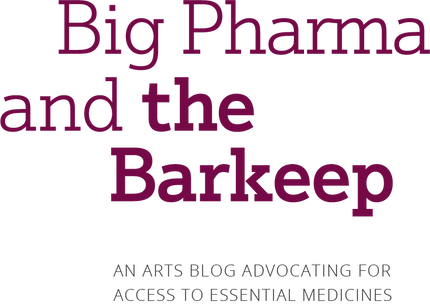




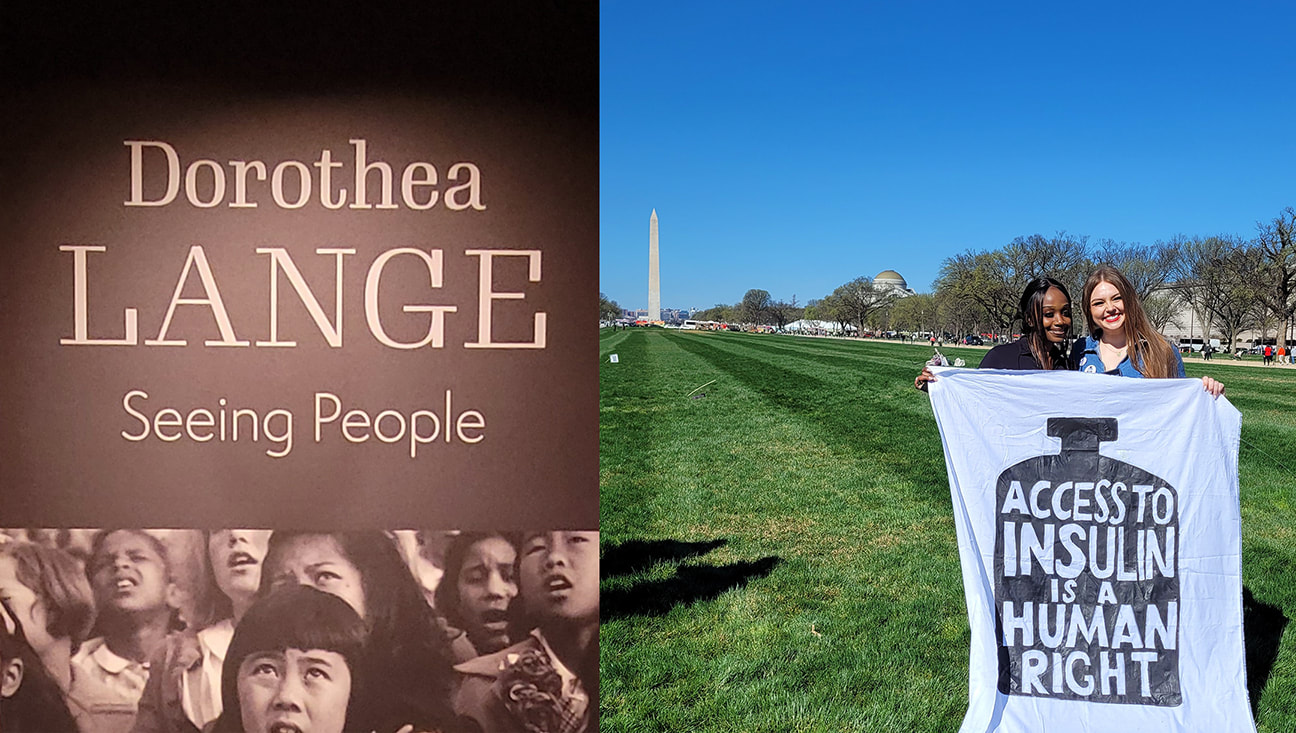


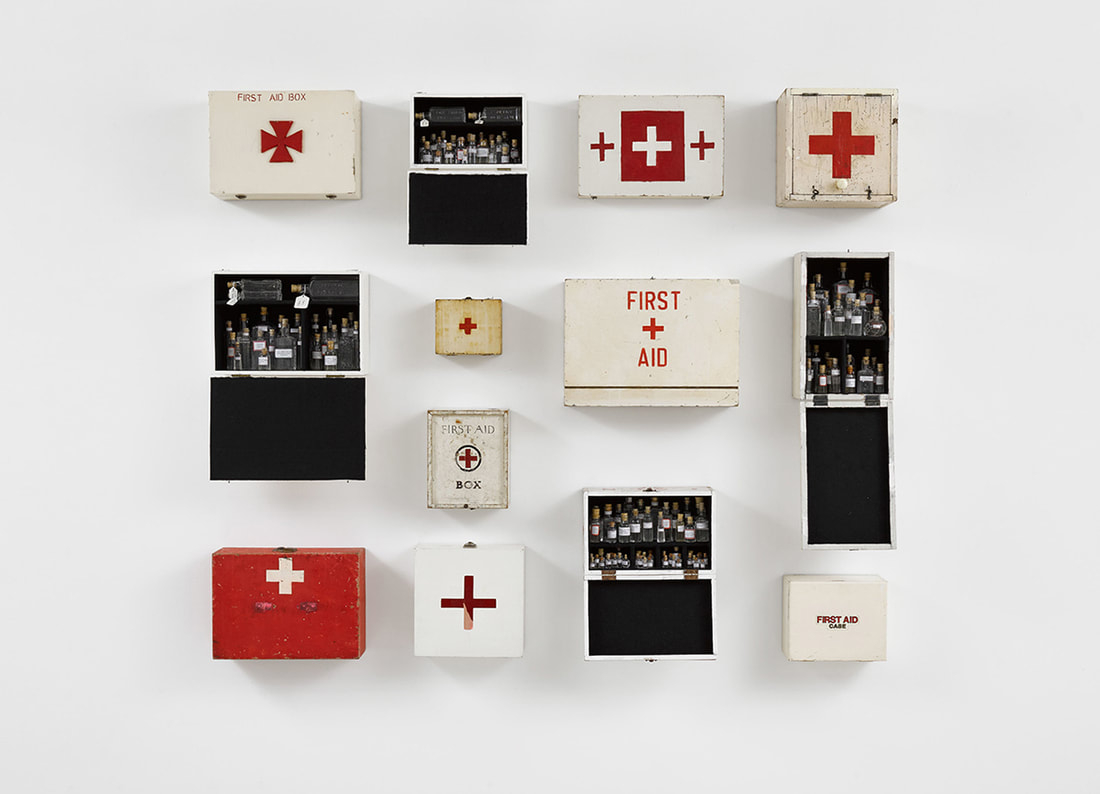
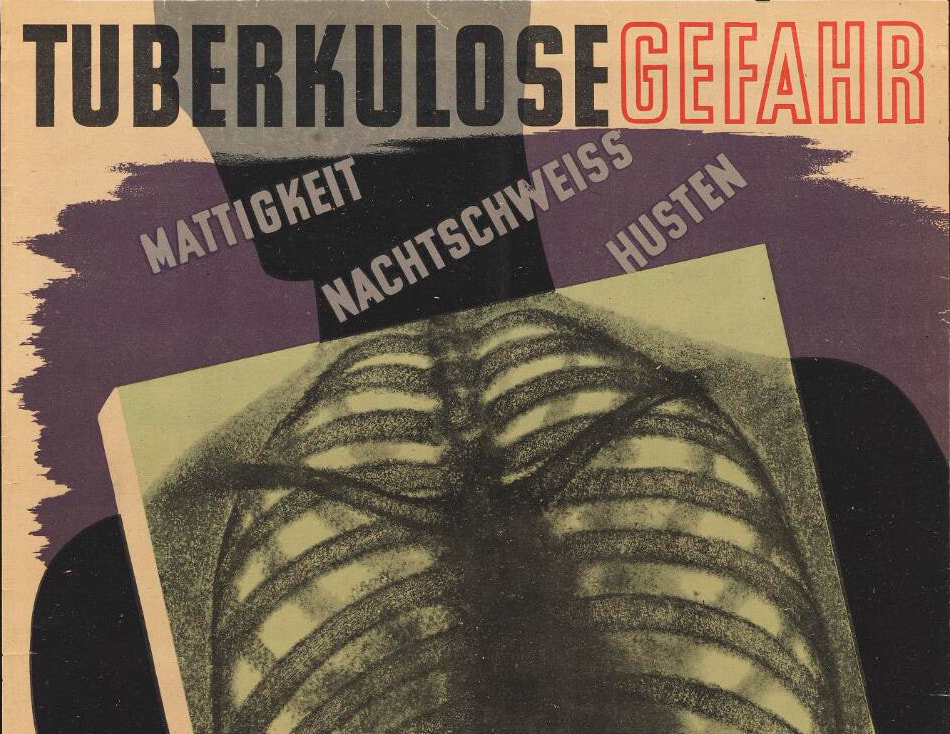

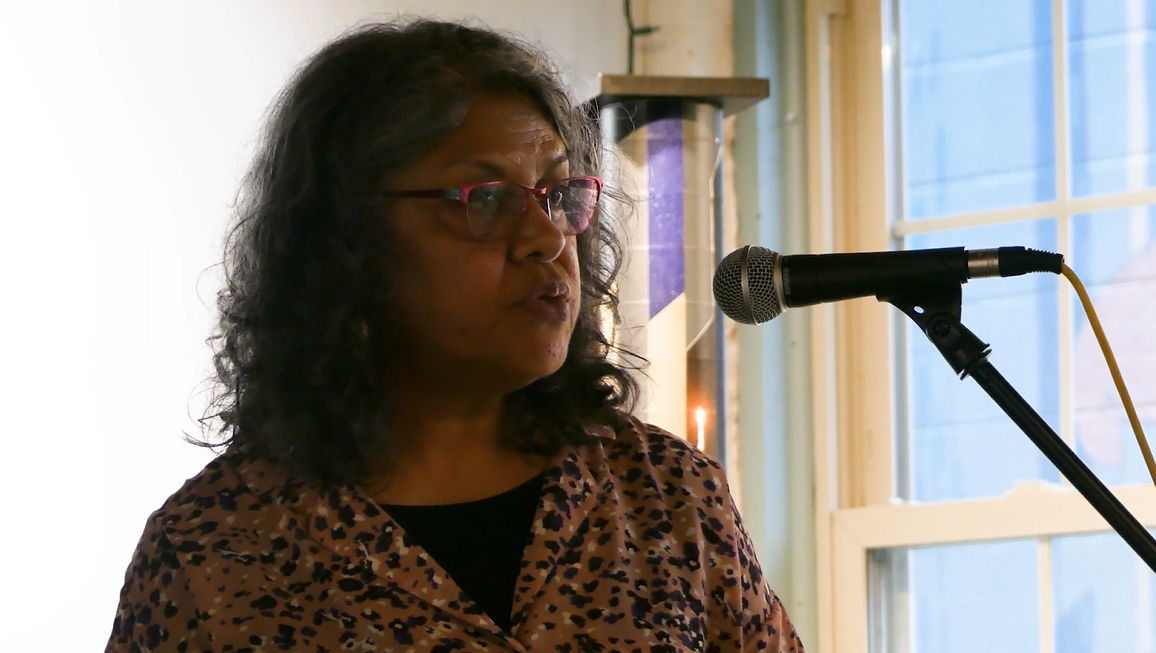

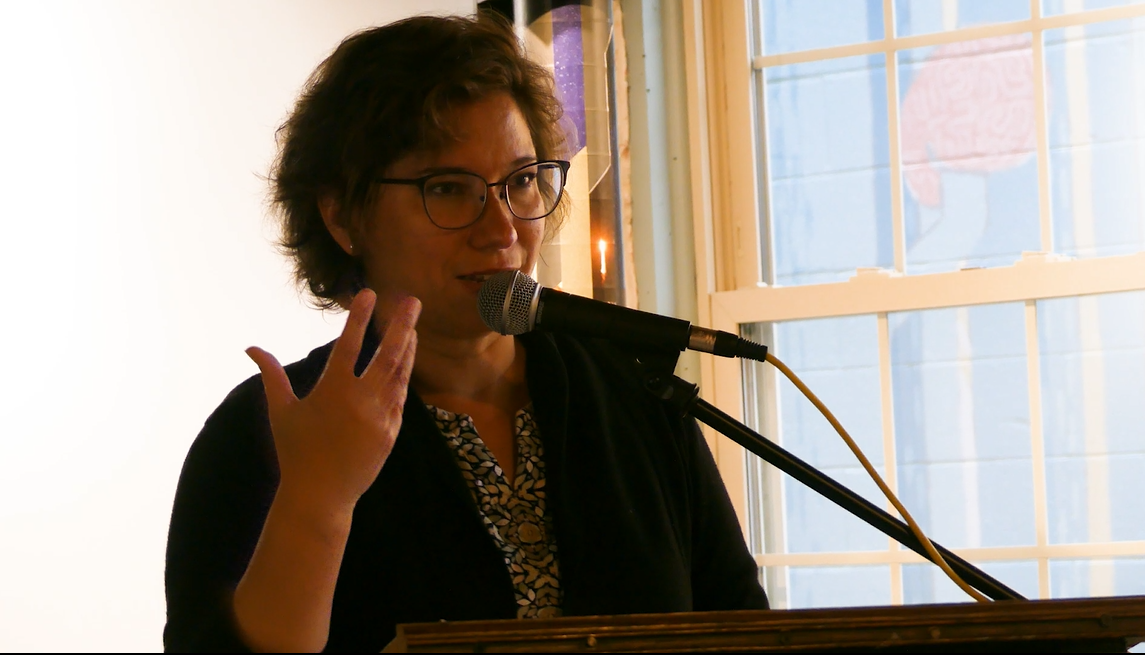
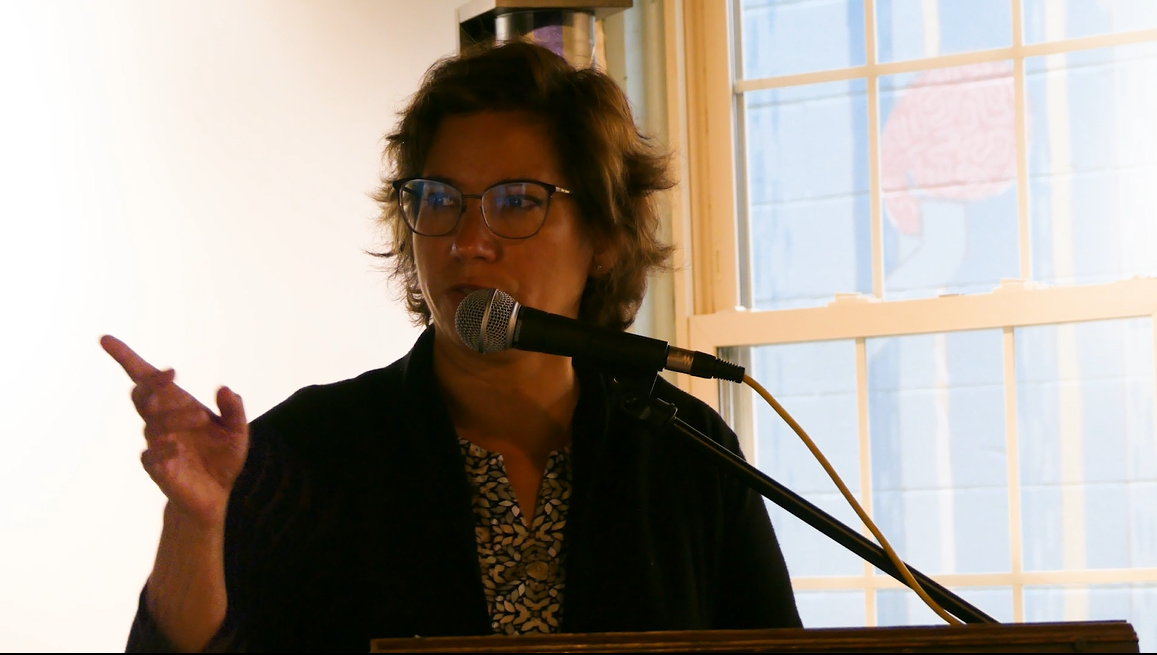

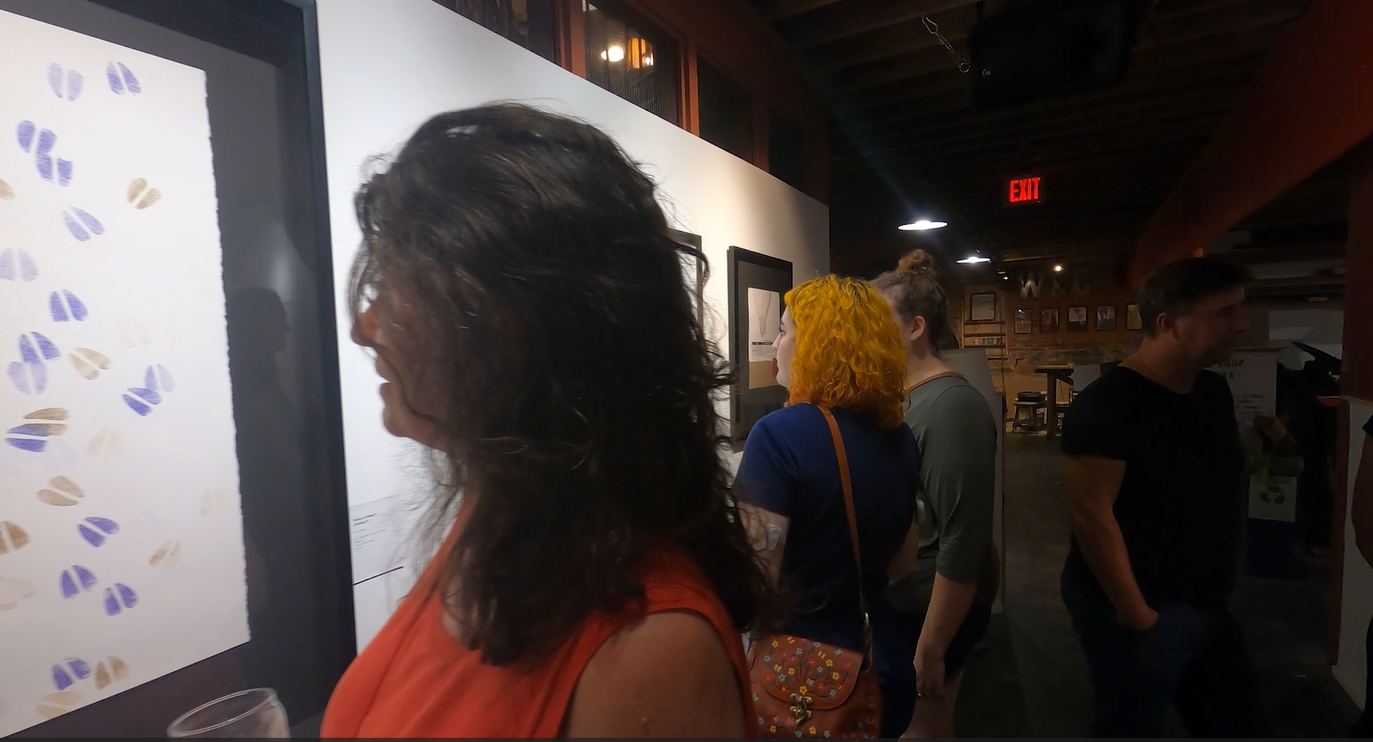
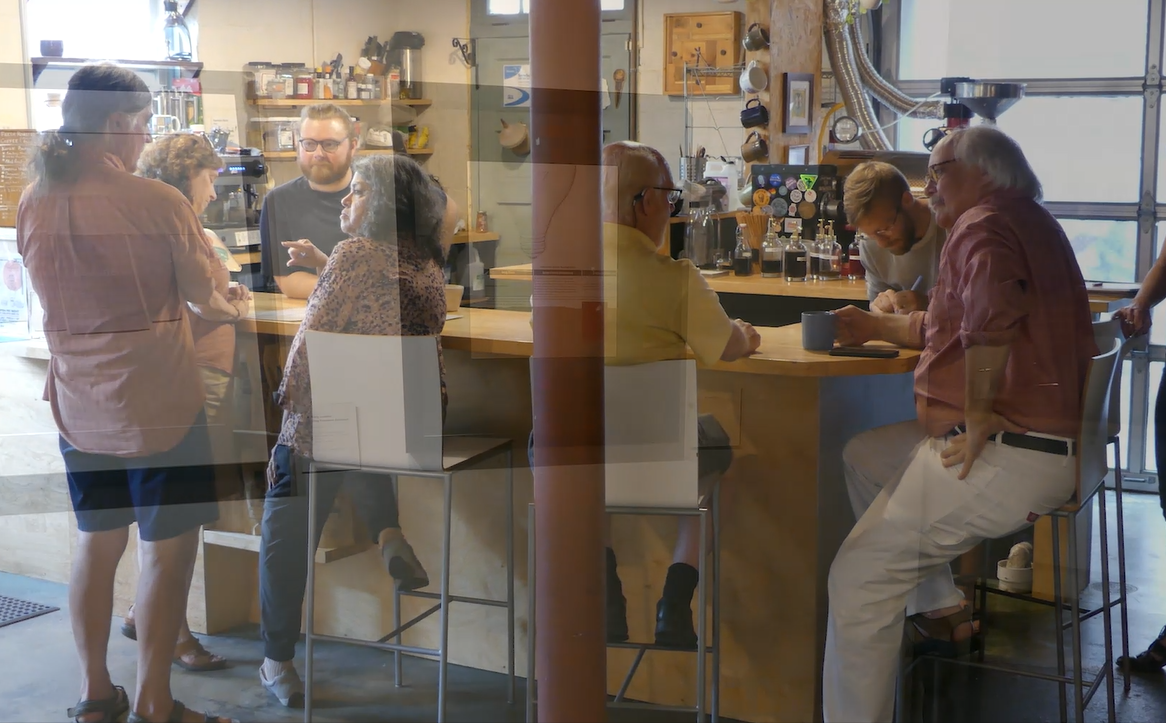
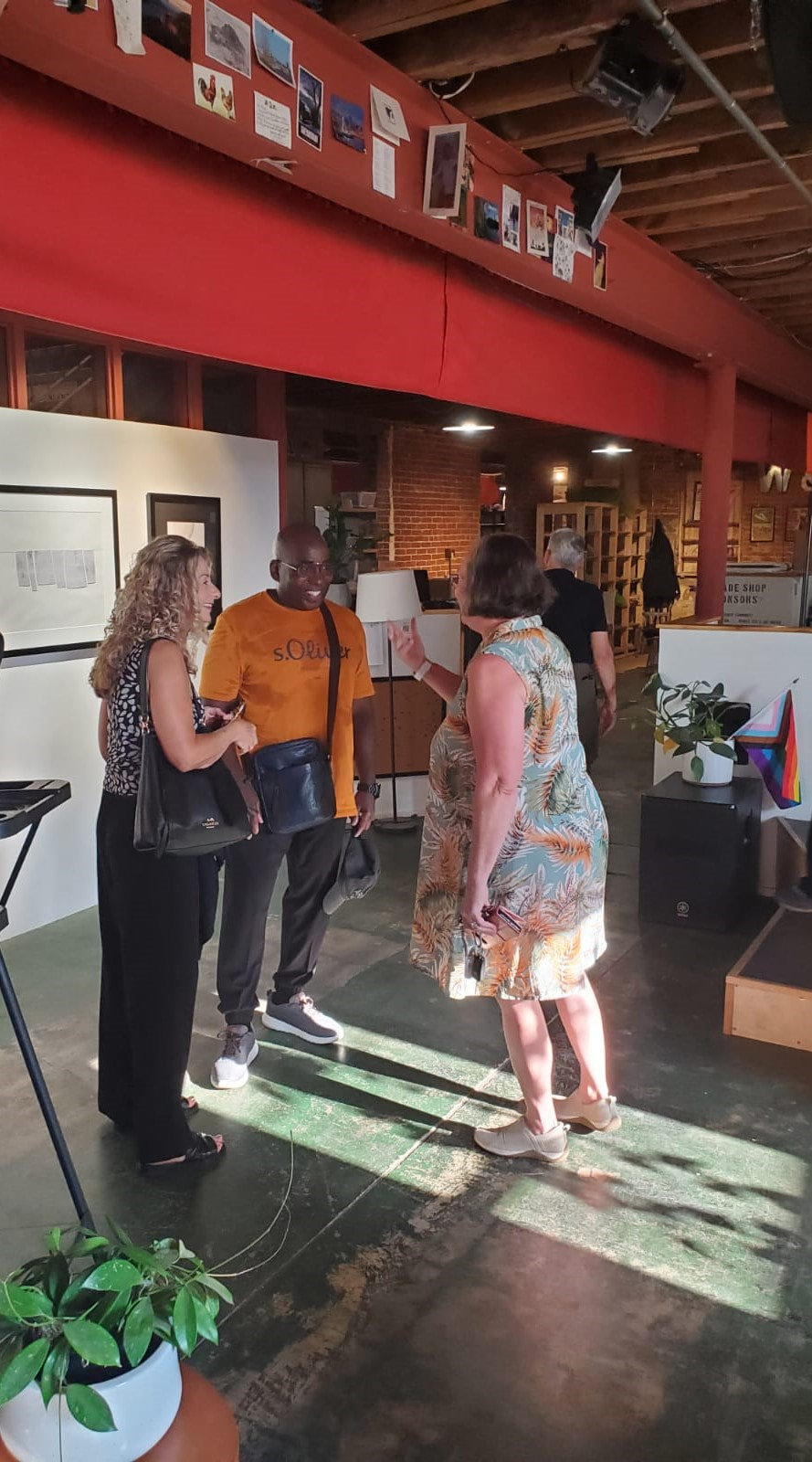
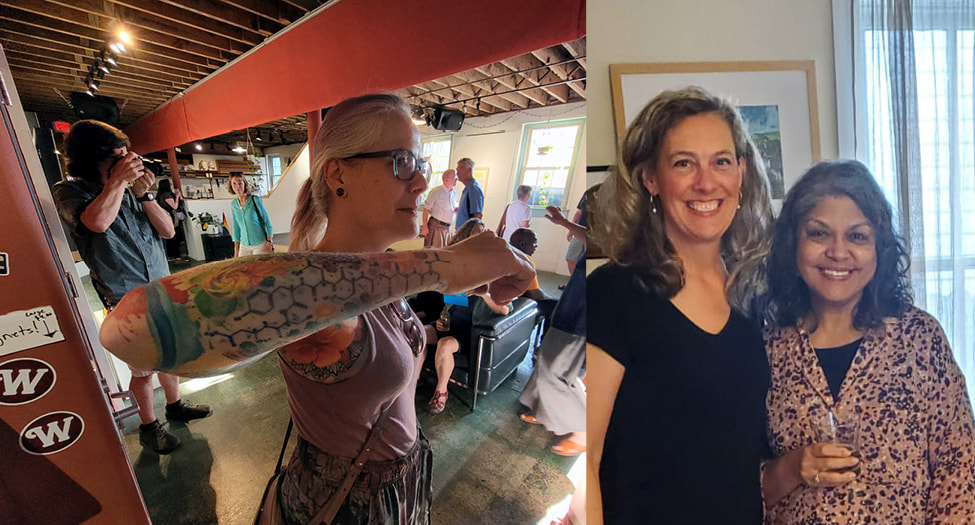
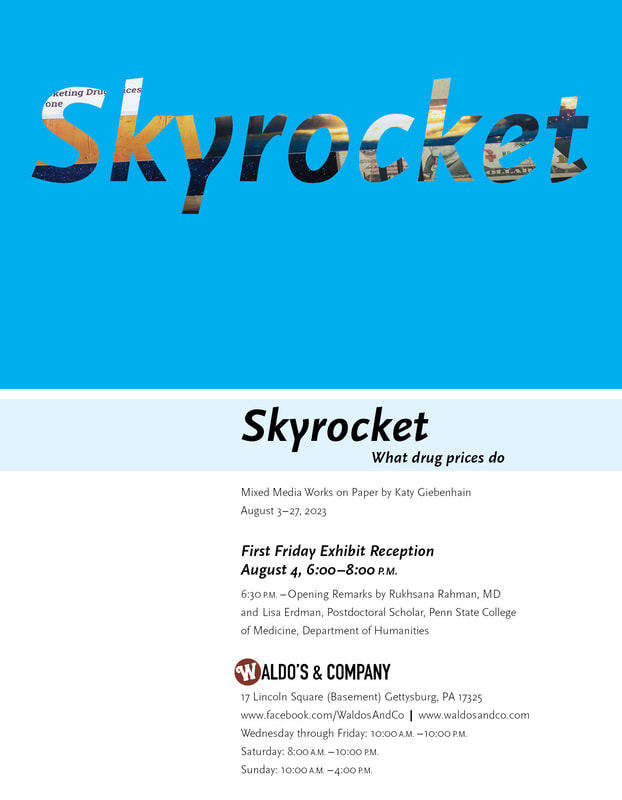

 RSS Feed
RSS Feed